Starting off as a Japanese exclusive for the Game Boy Advance back in 2011, the Ace Attorney series was later brought to the US for the Nintendo DS and has spawned five sequels in the time since. Following their DS releases in the West, the first three entries in the series were more recently compiled within a Nintendo 3DS collection in 2014. Capcom has now decided to give the trilogy yet another remaster, this time for consoles under the same name of Phoenix Wright: Ace Attorney Trilogy.
Phoenix Wright: Ace Attorney Trilogy comes packed with the first three games in the franchise: Phoenix Wright: Ace Attorney, Phoenix Wright: Ace Attorney – Justice For All, and Phoenix Wright: Ace Attorney – Trials and Tribulations. Even with three mainline games coming after, this was a self-contained trilogy of games that director Shu Takumi planned on being it for Phoenix Wright and company at that time.
Like most multi-game collections, Phoenix Wright: Ace Attorney Trilogy lets you easily pick between each of the three included games from the start. This means you do not have to complete one before moving onto the next if say you had beaten the first game only in the past and wanted to start from the second. You can also get back to the title screen rather easily as well after playing any of the games, which is something that is very important with collections like these. In addition, you can start a new game for each of the three and start with whichever case you would like as long as you have played that case prior.
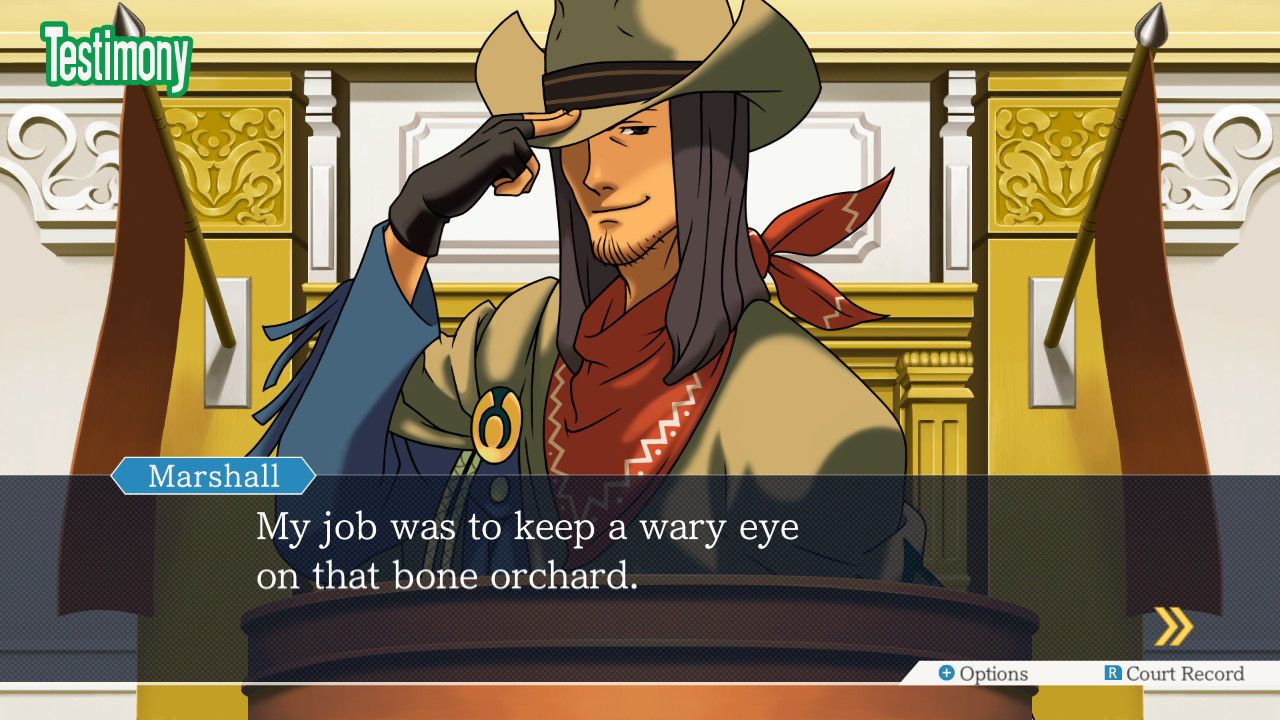
Phoenix Wright: Ace Attorney was the original game in the series and starts right with his very first court case where he had to defend his childhood friend Larry Butz. This trial does a good job at showing you the ropes of the cross-examination aspect of the game in the courtroom, but it doesn’t kick into high gear until the second case titled Turnabout Sisters. After a tragic death of his mentor Mia Fey, Phoenix must defend her sister Maya Fey in court when she is accused of Mia’s murder.
The courtroom segments are only half of the fun starting with the second case, as investigations also start playing a major role. Investigations allow you to travel between various locations, including Phoenix’ law office, the detention center, and any relevant locations for that specific case. Within each of these, you have the ability to speak to different people involved with the case for information or to examine objects that can provide you with clues. This can sometimes get a bit tedious deep into an investigation where you have many different locations and have to go to one specific area at random to trigger a new conversation, but they are typically pretty easy to find most of the time.
Phoenix Wright: Ace Attorney – Justice For All is the second game in the collection that takes place after the events of the first. The game gives Phoenix amnesia at the start of the game as a way for you to learn everything again that you did in the first, as most of the gameplay is a carryover from the first game. One new feature, however, are known as Psyche-Locks. These are literal mental locks that you must unlock to get extra information from characters you are speaking with by doing a special type of interrogation. This adds yet another layer of depth to the gameplay as a whole, with it fitting in nicely with the pre-established conventions from the first game.
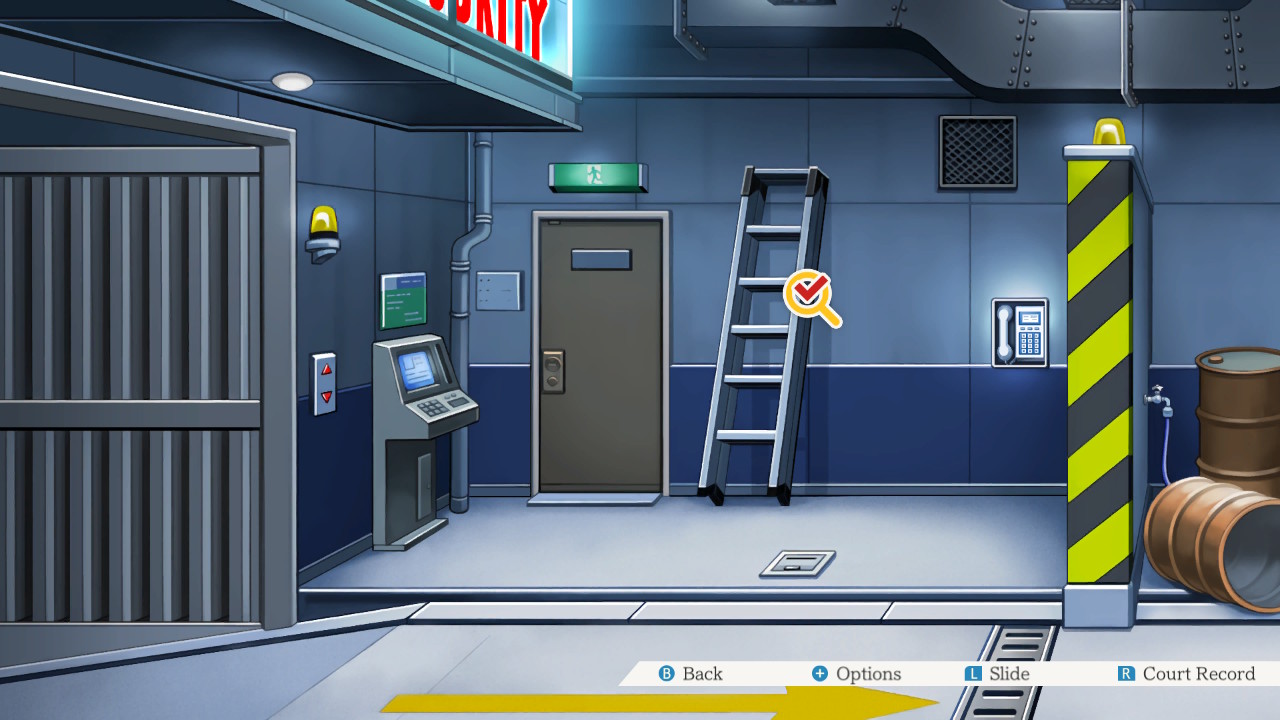
The final game in the trilogy, Phoenix Wright: Ace Attorney – Trials and Tribulations doesn’t really add much to the gameplay mechanics themselves, but rather introduces a split story that has you also playing as Mia Fey in the past in addition to playing as Phoenix in the present. Even with the split story though, this one might have the most cohesive of the bunch with a more connected story that doesn’t just feel like one individual case after another.
Cleanest the series has ever looked
The previous release of Phoenix Wright: Ace Attorney Trilogy on Nintendo 3DS and previous iterations was built around having a second screen with touch controls, but that obviously had to change with console releases. Previously, the top screen would have the bulk of the information, with the bottom being reserved for selecting answers and such. That is now all done in one screen, but it actually works quite well. When cross-examining witnesses, you can open your Court Record at anytime by pressing R. This allows you to view any evidence that you have available, either as a way to know where to press the witness or point out a contradiction by presenting the evidence at the right time. Unlike something such as Professor Layton, which would be very hard to handle in the same fashion without the dual touchscreen, Phoenix Wright: Ace Attorney Trilogy pulls it off exceptionally well.
This latest release for the classic trilogy also looks better all around than it ever has in the past. The 2D character models that are used in both investigations and the courtroom look incredibly polished, along with all of the menus and backdrops. There is no question this is the cleanest the series has ever looked, even if there wasn’t a major overhaul to the visuals.
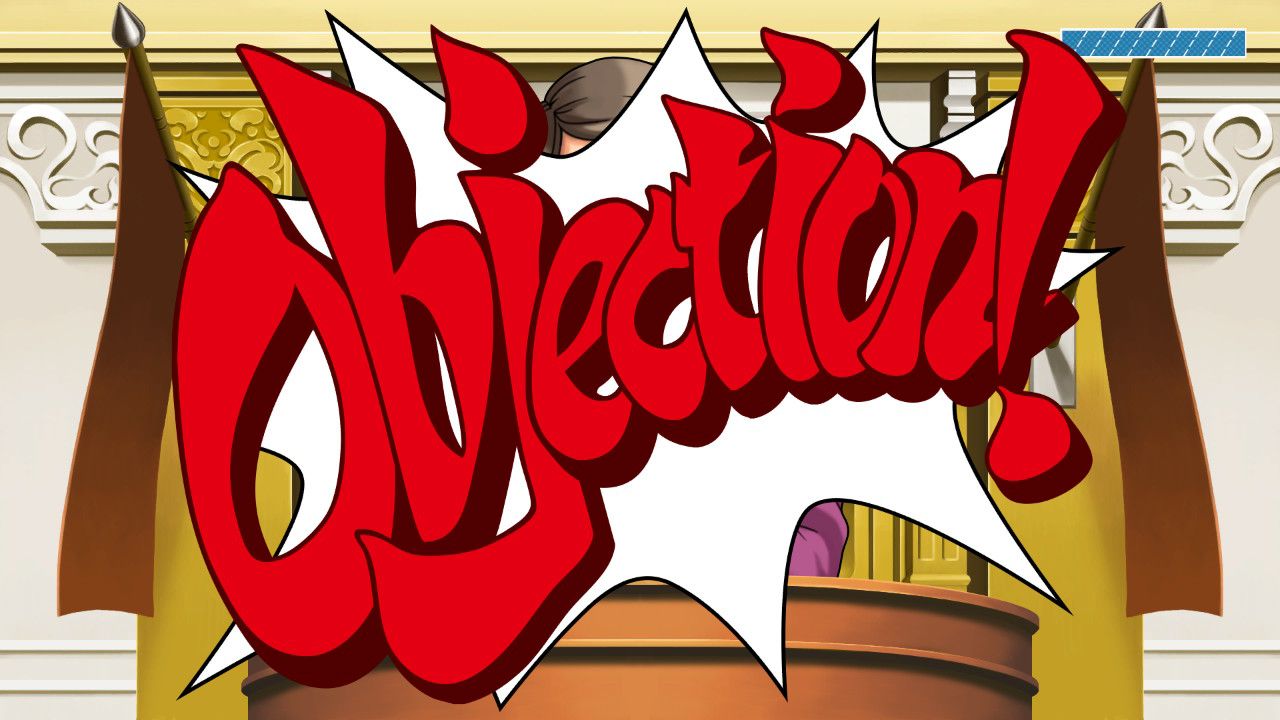
Outside of the visuals and few alterations to work with one screen, there really aren’t that many changes from the previous release on Nintendo 3DS back in 2014. While excused a little more on handhelds and mobile releases, it was kind of disappointing that some form of voice acting was not added for this release. The game still has the classic “Objection!” yells and such, but you will find yourself going through a lot of dialogue in this game without anything other than one word sound effects. Even as a remaster instead of a remake, those playing the series for the first time may see the extensive dialogue sequences as a slog to get through without voice acting.
The Ace Attorney games have been re-released numerous times over the years, with the first three entries in the series getting this treatment the most often. Just like with the 3DS collection, the latest release of Phoenix Wright: Ace Attorney Trilogy features no major changes from the originals, though the games have received a definite visual upgrade and found a way to make a one screen experience work without any issues. And for those with the Nintendo Switch version, you can once again take the games on the go as well.
The Verdict
The wait for a new Ace Attorney game still continues, so Capcom has instead decided to bring the original trilogy to even more platforms. Now built for consoles rather than exclusively as a handheld title, Phoenix Wright: Ace Attorney Trilogy still maintains the same charm and gameplay the series has always been known for over the years while looking cleaner than ever.


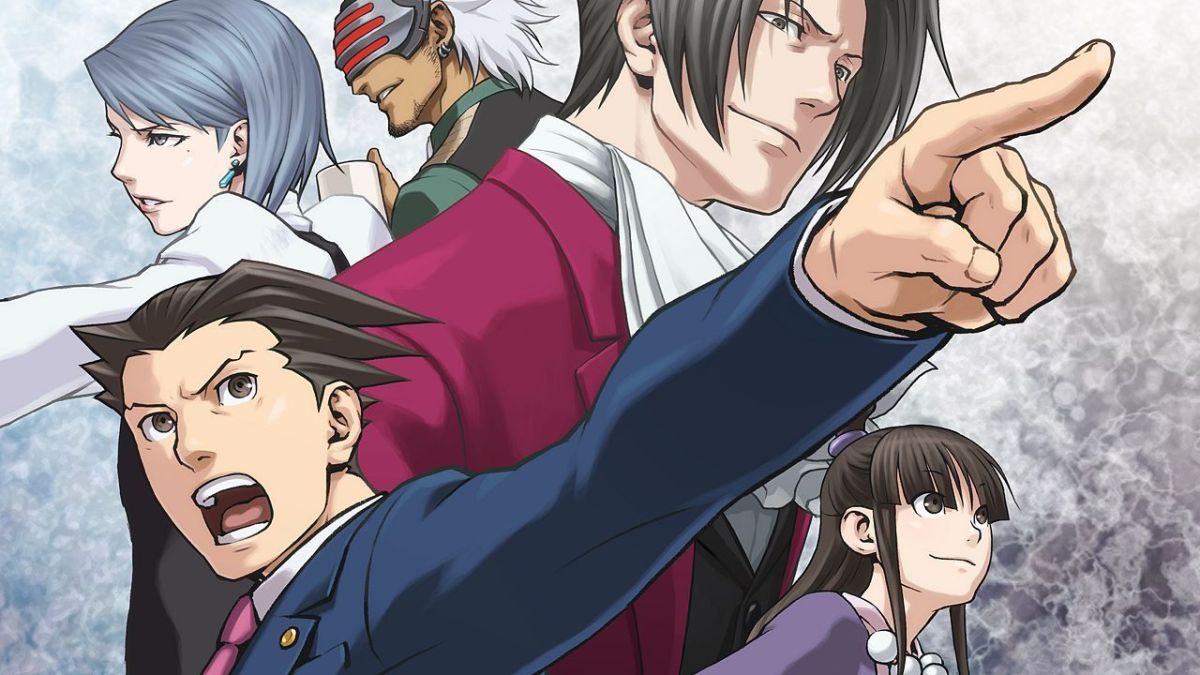
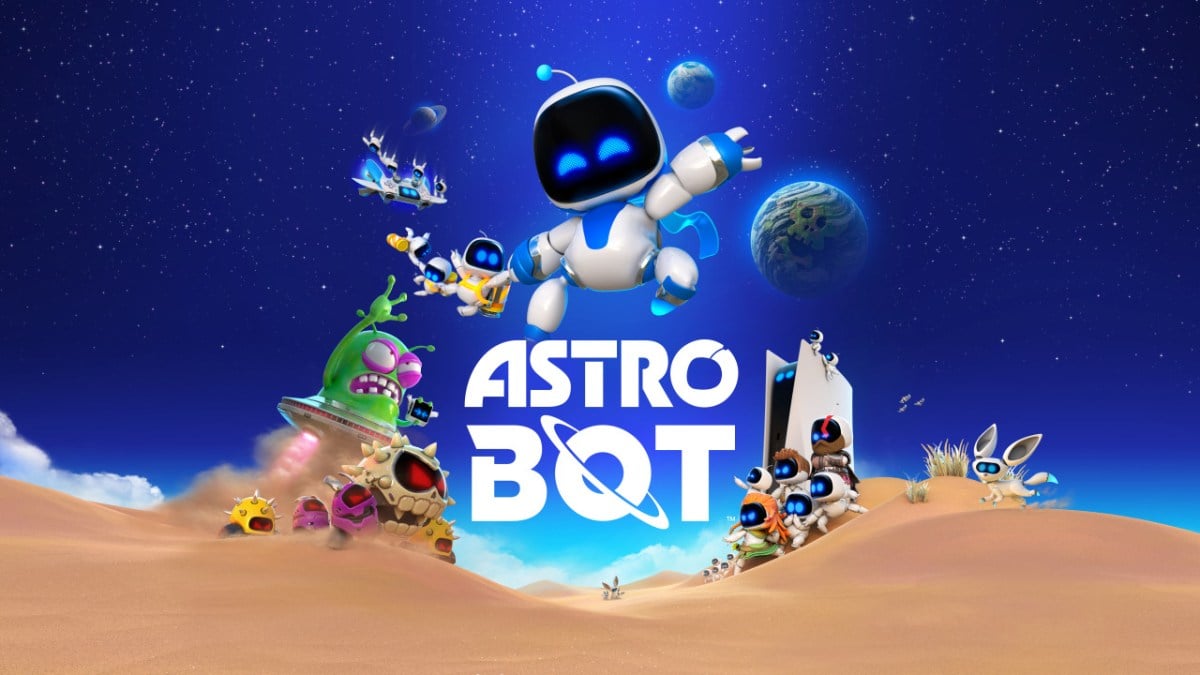
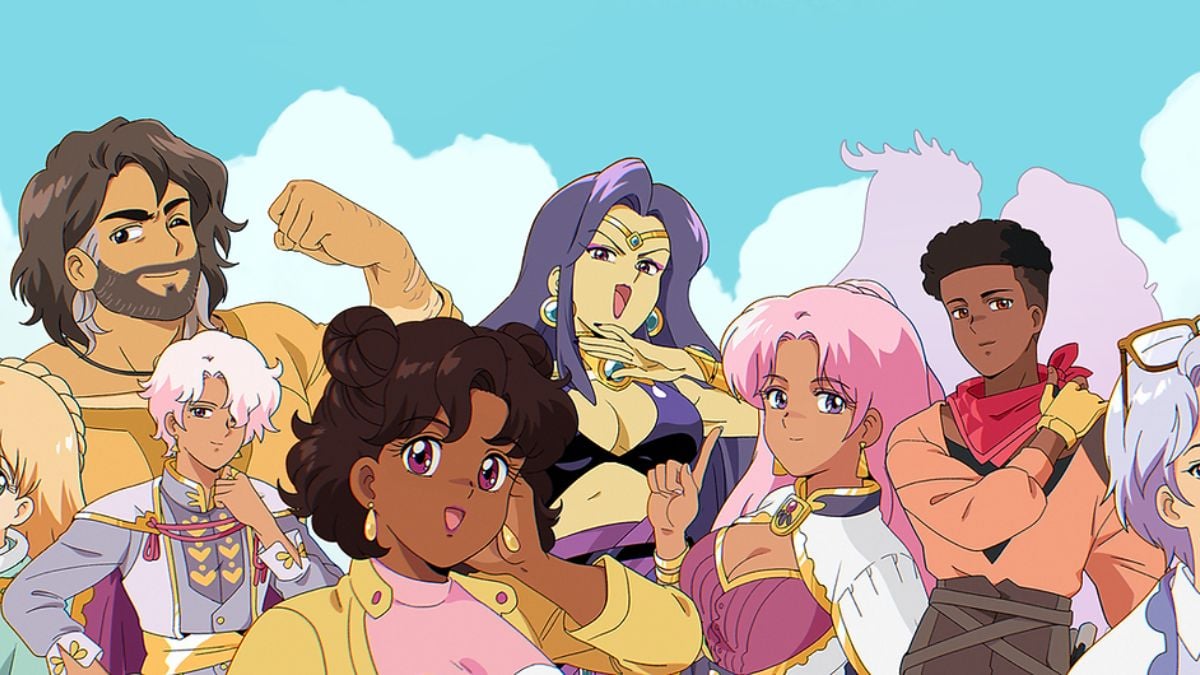
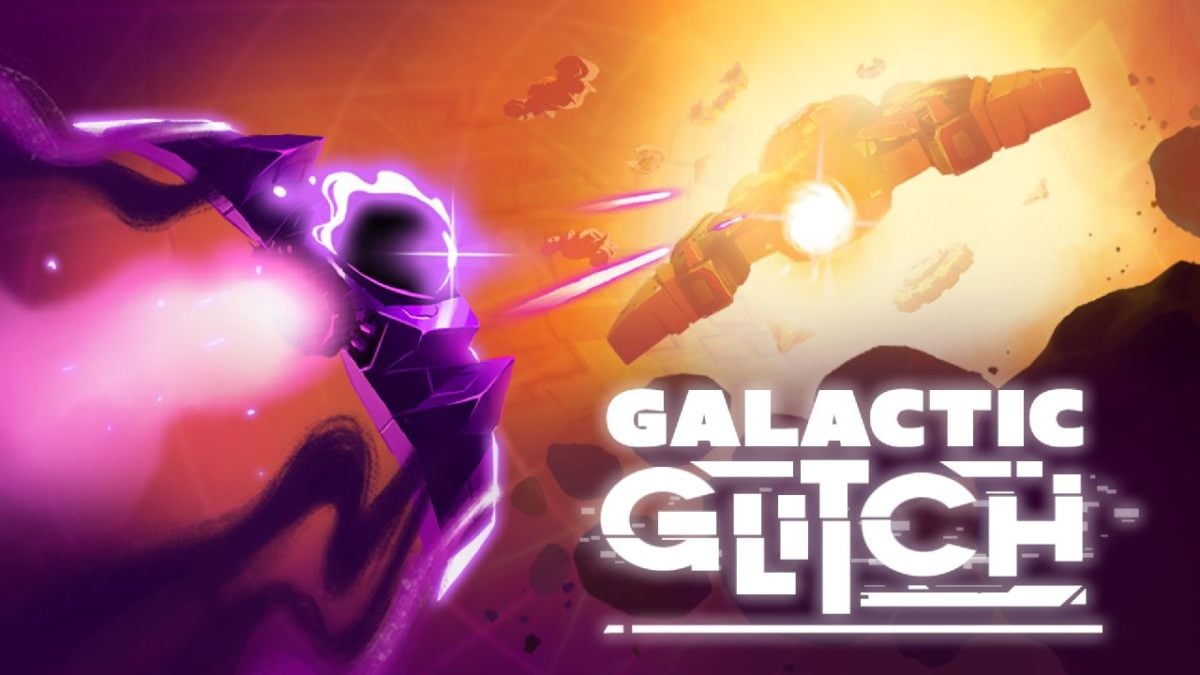
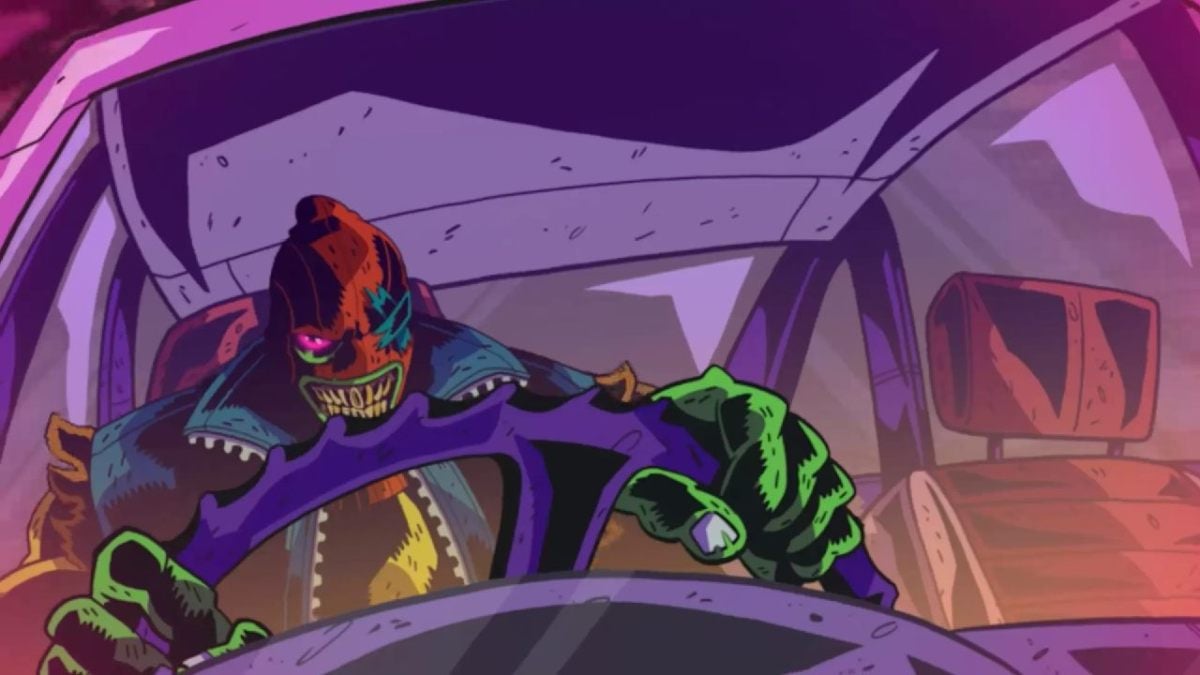
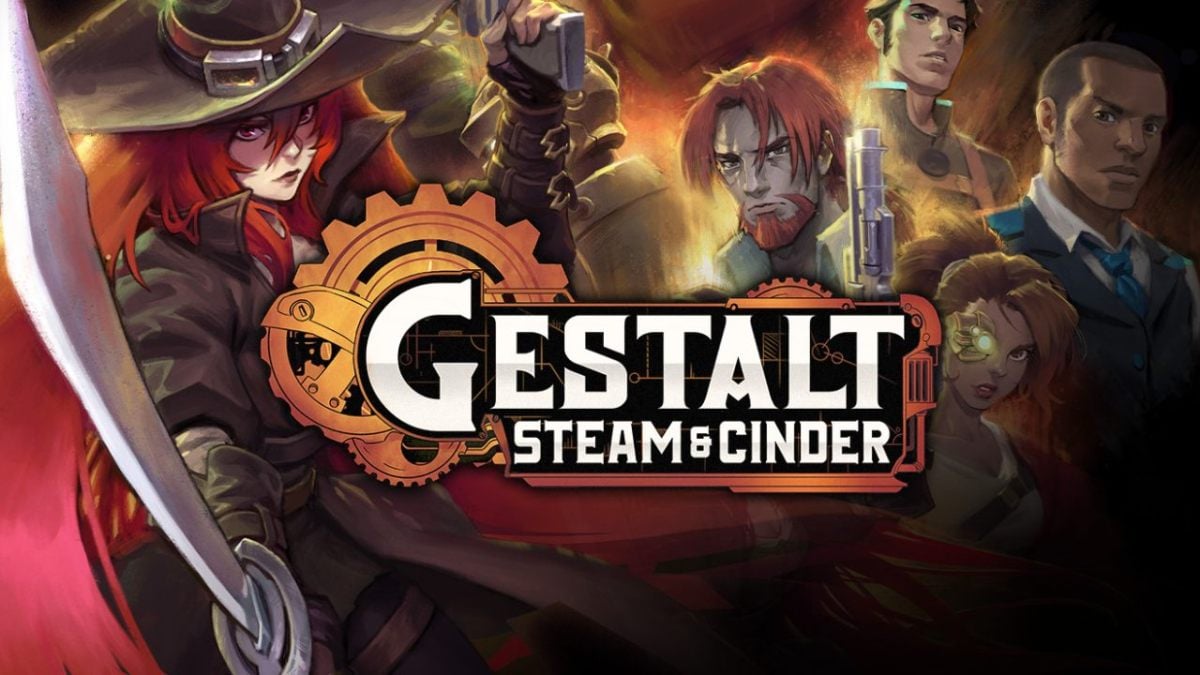
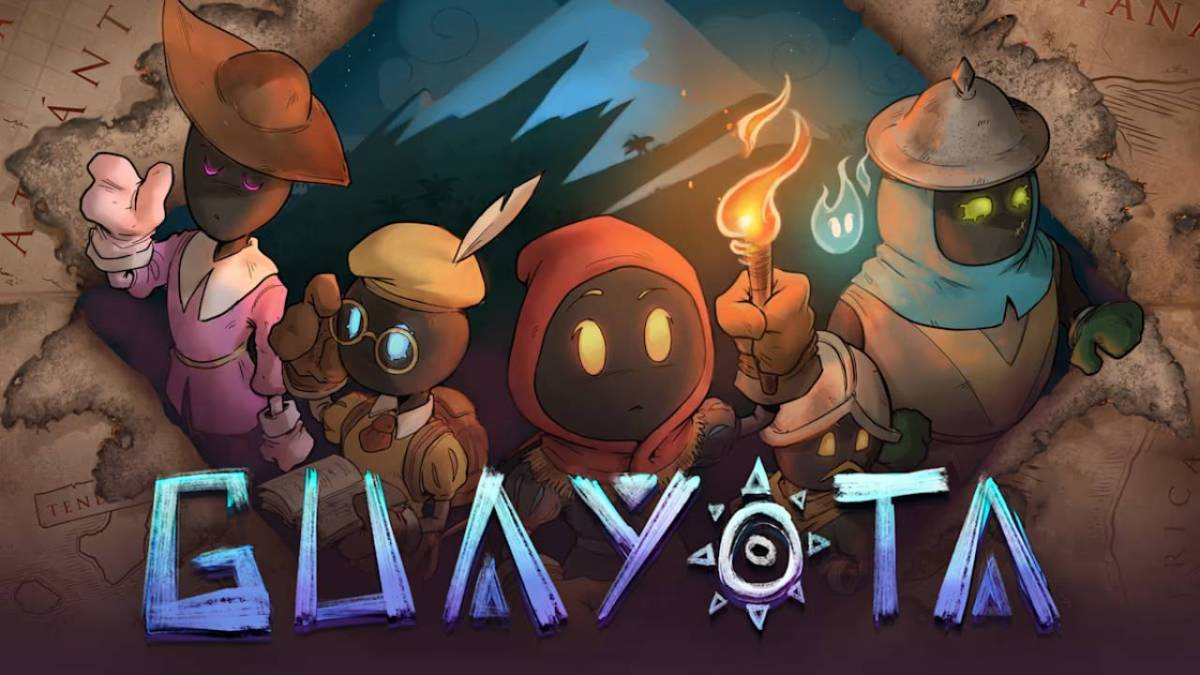
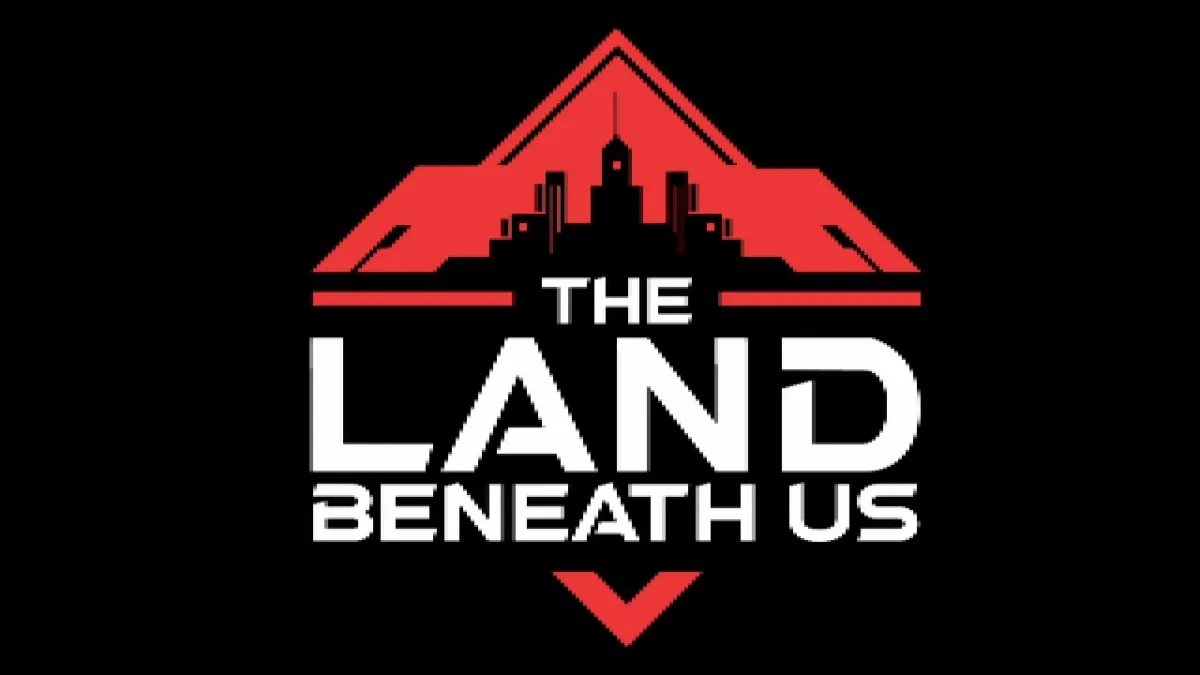
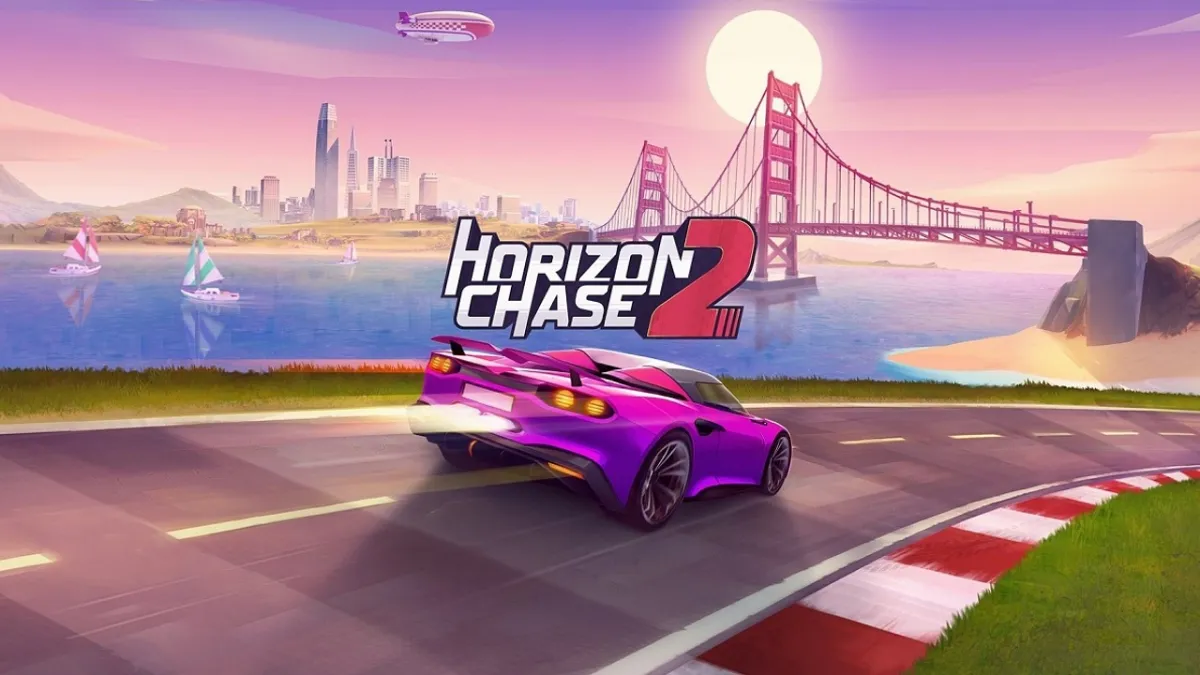
Published: Apr 9, 2019 01:59 am